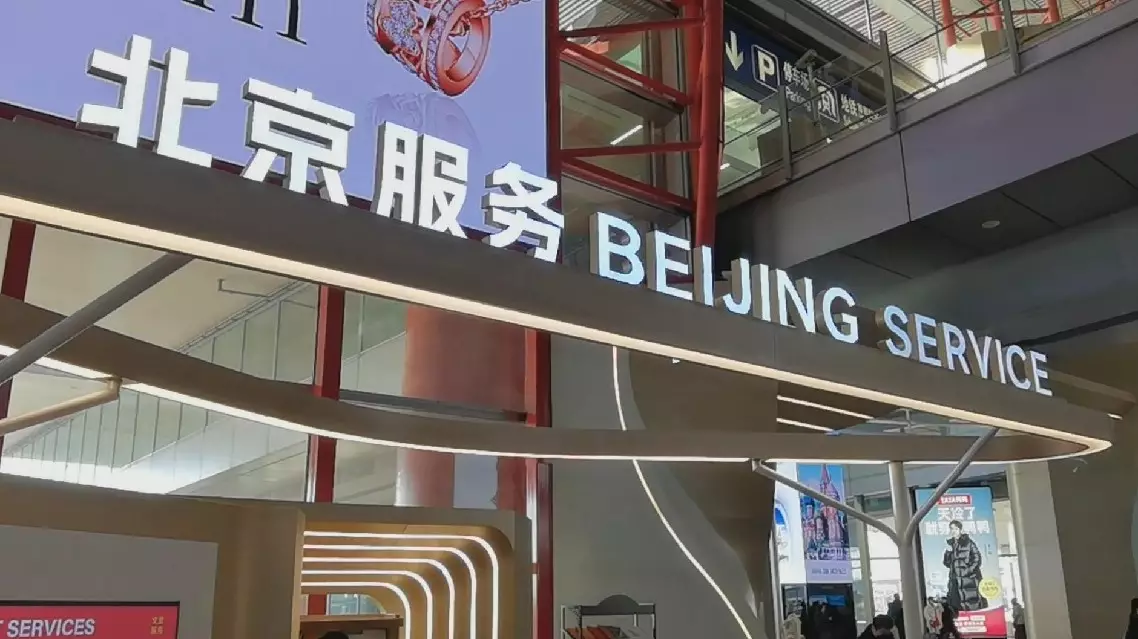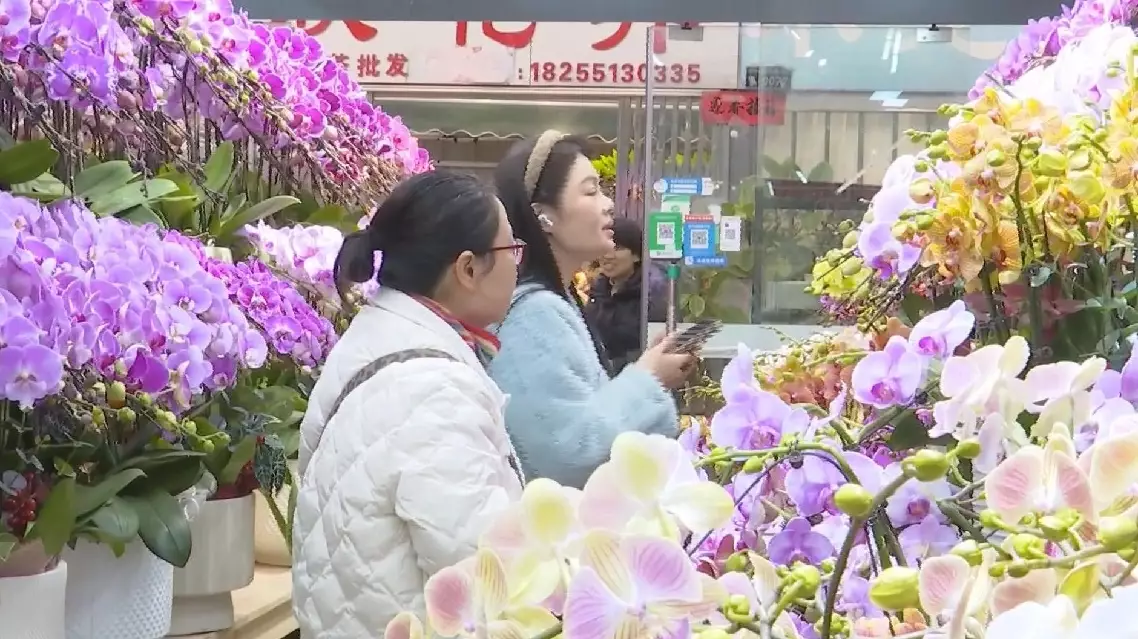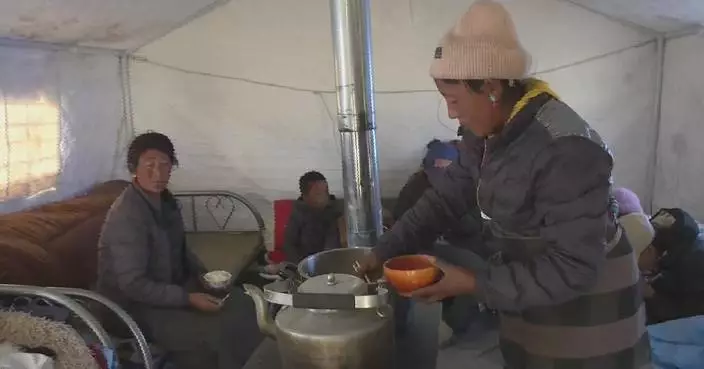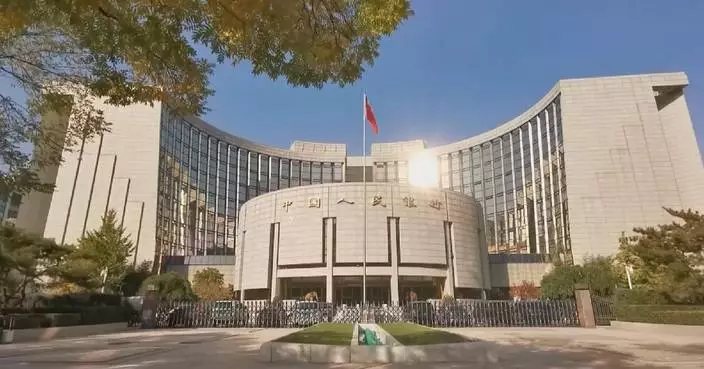Starting from Jan 1, "Beijing Service," a service platform backed by the Beijing municipal government, extended its coverage to the city's two international airports, setting up 24-hour kiosks to facilitate visitors from abroad.
On the first day of 2025, two Beijing Service kiosks near the international arrivals areas of Beijing's Capital International Airport and Daxing International Airport were put into use, with well-trained staff providing 24-hour multilingual services for global travelers.
"This year we have set up service stations in Beijing's Capital International Airport and Daxing International Airport to provide travelers with one-stop services including payment setup, mobile phone services, and transport and tourism consultation, covering four categories of more than 20 convenient services. The services aim to further facilitate foreigners to study, travel, or live in Beijing, and to upgrade the level of Beijing's international services," said Zhang Li, division chief of the Beijing Municipal Administration of Government Services and Data Management.
The move came after the city's recent poll with international visitors on what could be done to improve their experience in China, aiming to better support the surging global visitors brought by the country's visa-free policies.
The Beijing Service platform can now provide a one-stop solution to newcomers, and address most of the common concerns of foreign travelers.
"So far, I haven't had any problems, and it seems quite straightforward and it's easy to follow the instructions, everyone gives clear instructions, so it's quite easy to follow. So far everyone I have talked to is able to give feedback (on) what I needed, so it's been good," said Rahima Siddiqui, a traveler from New Zealand.

Beijing Service platform offers one-stop solutions to int'l visitors
As the Chinese New Year approaches, the country's flower market is ushering in its peak season, offering a vibrant selection of blooms at attractive prices.
In Zhengzhou, central China's Henan Province, auspicious flowering plants such as phalaenopsis, cyclamen, and anthurium have proven to be extremely popular with customers. Flower shop owner Guo Wei noted that sales usually peak around Jan 10 each year, which has seen him stocking up beforehand to meet the surging demand.
"Currently, flowers and plants for Chinese New Year decorations, such as phalaenopsis, cyclamen, and (red-dyed) silver willow, are seeing strong sales at our shop. The daily sales of silver willow reach around 30 bouquets. Consumers like it because its red color symbolizes good luck and prosperity," said Guo.
At a large flower market in Zhengzhou, various types of Chinese Lunar New Year flowers are being packaged and prepared to be sold across the country. According to the market vendors, phalaenopsis is one of the bestsellers, with daily sales reaching around 800 pots, and sales expected to double and peak in about a week.
Compared to last year, the variety of phalaenopsis has expanded to more than 120 types, and the prices of most phalaenopsis species have dropped by nearly 20 percent.
Flower traders in Hefei, east China's Anhui Province, are also seeing a surge in sales as the festive and auspicious atmosphere for the nearing Spring Festival intensifies.
"Currently, our average daily (turnover) is between 1,000 and 2,000 yuan (136 and 273 U.S. dollars). Based on previous years' experience, we expect sales to peak by the 25th day of the twelfth lunar month, with a daily turnover of around 30,000 to 50,000 yuan (4,092 to 6,819 U.S. dollars)," said Jin He, a flower vendor.
This year, customers are seeking more innovative and unique New Year decoration flowers, with a focus on bold colors, distinctive shapes, and diverse varieties.
"Phalaenopsis is available in various varieties, with imported ones having more colors. Dendrobium is also popular, with more new varieties. We sell about six to eight pots of dendrobium per day," said Wu Yi, another flower vendor.

Chinese New Year flower market ushers in peak season










